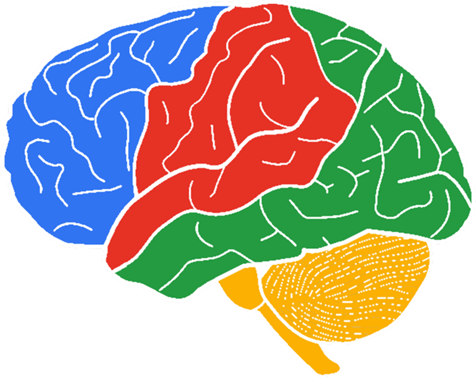Day one of SMX advanced concluded with an “Ask Me Anything” (AMA) session with Google’s Webmaster Trends Analyst, Gary Illyes. Gary has become something of a lightening rod for SEOs over the past couple of years and is frequently subjected to grillings from the SEO industry on the changes and updates Google is making to ranking signals, search results pages and new technologies. Danny Sullivan, Founding Editor of both Search Engine Land and Marketing Land, was on hand to pose some pretty tough questions, and he certainly kept Gary on his toes throughout.
Whilst the session was titled “Ask Me Anything”, the answers were on occasion less than forthcoming. This is hardly surprising given the backlash Gary and Google have faced, after previous promises of updates and new features have failed to materialise. In fact when quizzed on when the next Penguin update can be expected, Gary refused to offer so much as a speculation of when we can expect the update, let alone a specific date, describing his previous indications on the subject as being “bad for business” when anticipated release dates failed to be met.
Google Rank Brain
Despite his reluctance to talk about anything to do with the Penguin update, other than to say it will be released only when it's ready, he was far more open on other subjects, particularly that of Rank Brain, the artificial intelligence, machine-learning element of Google’s algorithm that was released in 2015.
Sullivan was keen to push Gary for an answer on whether Rank Brain is indeed a ranking factor or more simply a better way for Google to refine searches, with Gary insisting it is indeed a ranking factor. Other key issues on this topic included:
- There is no such thing as a âRank Brain score' and there is no way to optimise for Rank Brain
- Rank Brain knows when to keep elements in a query that may previously have been dropped that would have had adverse effect on results quality. That's why it's better utilised with long tail conversational searches and searches it may not have seen before
- The best way to take advantage of Rank Brain is to write in natural language and “if you keyword stuff your content, that will almost certainly not be good for you”
- It is a completely new ranking signal, rather than a collection of other signals
- Whilst it has been said to be the third-most important ranking signal, with links and content being the two most important, Gary refused to be drawn on which was first and which was second
It would be fair to say we didn't get a full and frank explanation of what Rank Brain is and exactly how it works, but then you'd foolish to expect such openness from Google. However, the key theme Gary wanted to get across was that Rank Brain is a core part of Google’s algorithm, focused on enhancing the relevancy it offers to ensure users get the best results. Rank Brain was a common theme with a number of other speakers keen to have their say on what they felt Rank Brain is and how it impacted rankings.
Algorithm Changes and Ranking Factors

He was also very keen to reinforce the message we've heard from Google before that âgeneric top level domains' (gtlds) do not impact rankings at all. Just because you've got the domain leicestersbest.solicitor does not mean you have a better chance of ranking for terms related to solicitors. The only influence they carry is with country top level domains, where a site with .de would be more likely to rank highly in Germany than it would in the UK for example. Other ranking takeways included;
- Whilst Panda is now considered âreal-time', it's more a case that it auto refreshes its assessment of the factors on your site every few months, rather than every time it visits your site
- 30% of results are now https, but https will only ever be a supplementary signal as they “don't want to sacrifice relevancy for security”
- Social signals do not play a direct part in rankings. The issue with trying to include this into the algorithm is that they don't control the access to social data and it could be pulled at any point. I guess that means they've given up on Google +
- Authorship is dead. And whilst it's no longer a consideration it was suggested that Google did still know who was the author of content
- Click-through rate is not a factor within the algorithm, except in certain circumstances such as personalisation of organic results. In fact Gary expressed some annoyances with the tests conducted by some in the industry
Other key takeaways
Despite his caginess on some subjects, Gary was happy to offer more direct answers on some of the questions posed to him by the audience and offered a peek into some up coming developments that we'll hopefully see coming soon.
- Tabbed content â as long as Google can read it then that's fine
- Google are actively working on offering bringing more than 90 days worth of data to Search Console. They've already worked out how to store the extra data but are working on how to deliver it to users
- Google has already worked out how to split voice search and typed search data so we can expect to see this information come to Analytics or Search Console accounts at some point in the not-too-distant future
- Mobile â still working on a mobile-specific index, but no predictions on timeline for roll-out. More signals being added to the mobile algorithm, with next update already announced
And what were his key recommendations for what SEOs should be focusing on? Speed, speed and speed. Users are getting less and less patient and have a new expectation of how quickly a page should load, so ensure your site satisfies that user need. And pay close attention to Accelerated Mobile Pages, as well as the emergence of Chatbots, which are an area the Google thinks will be huge for the world of search.





